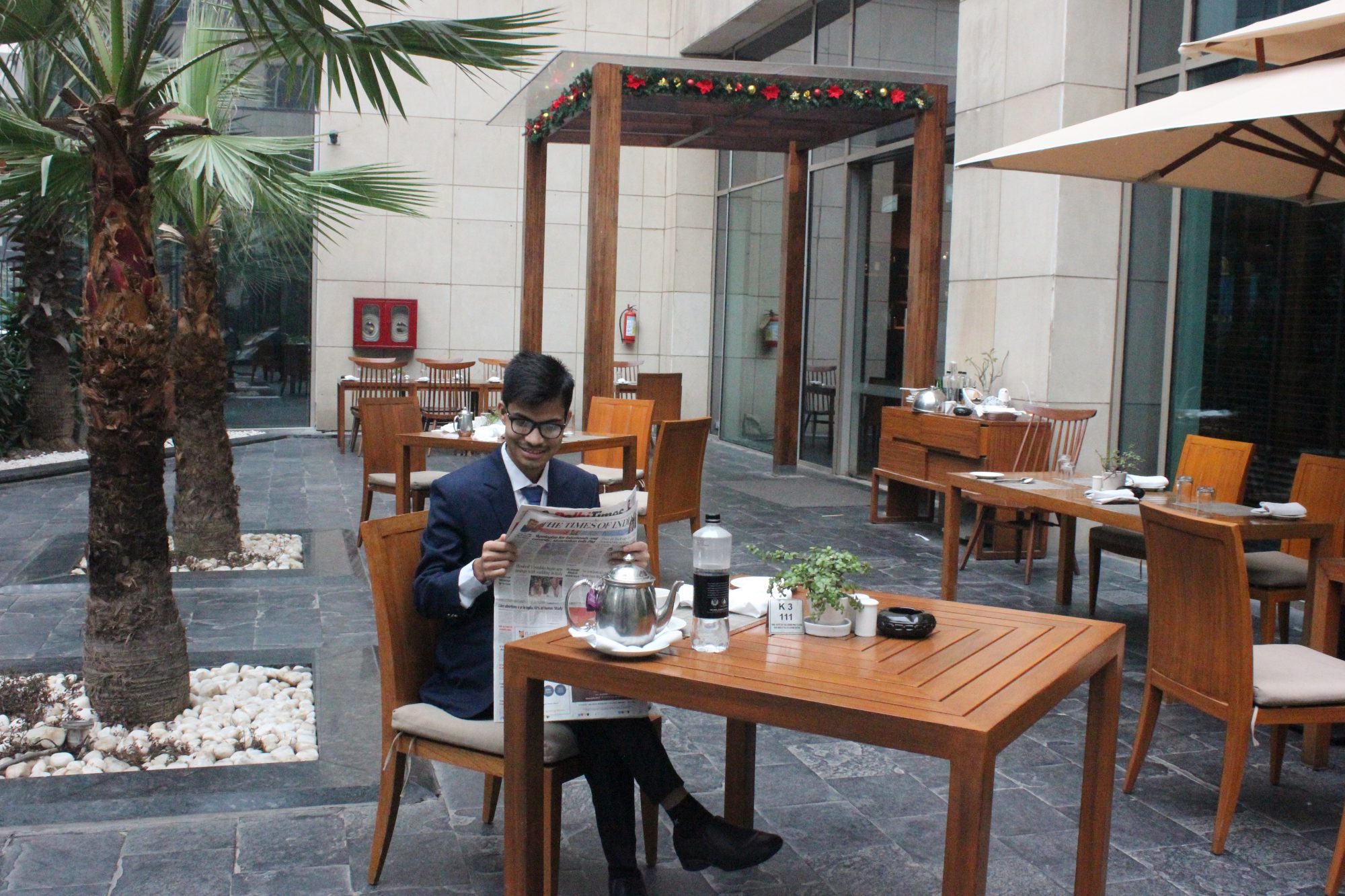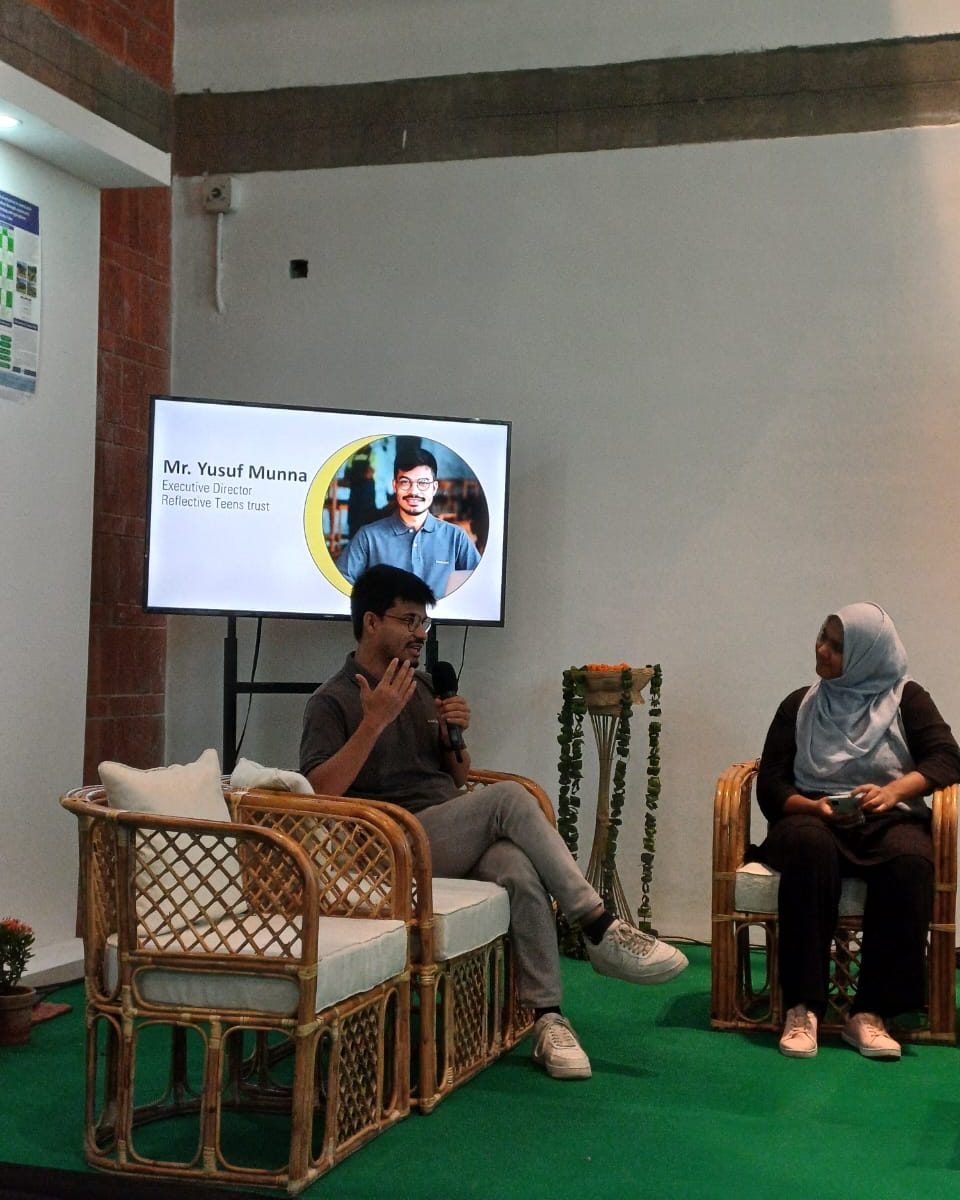In a world increasingly driven by the need for sustainable development, the role of young social entrepreneurs and activists is more critical than ever. Their innovative ideas and relentless energy are essential for addressing the socio-economic and environmental challenges we face. However, these young changemakers often encounter significant obstacles that hinder their progress, especially when they are based outside of major urban centers like Dhaka.
I had the honor of being invited as a panel speaker at an inspiring discussion at Brac University titled “Journey of Youth Towards Sustainable Bangladesh – Symposium on Youth Engagement towards a Greener Future.” This symposium brought together passionate social entrepreneurs, activists, and youth mobilizers to discuss the future of sustainable development in Bangladesh. During this discussion, I highlighted some of the key obstacles faced by those of us working outside of Dhaka, aiming to shed light on the unique challenges and propose solutions to foster a more inclusive and supportive environment for young changemakers across Bangladesh.
Sharing these insights is crucial for several reasons. Firstly, recognizing and understanding these challenges is the first step towards addressing them. By bringing these issues to the forefront, we can catalyze discussions and drive collective action towards creating a more enabling environment for social entrepreneurship. Secondly, these insights can help policymakers, donors, and other stakeholders to develop more targeted and effective support mechanisms for young social entrepreneurs. Lastly, it encourages a culture of collaboration and mutual support among the youth, strengthening the overall impact of their initiatives.
Financial Solvency
One of the most pressing challenges is achieving financial stability. Many social entrepreneurs struggle to sustain their initiatives solely from their ventures and often need to take up secondary jobs. This dual burden diverts their focus and energy from their primary social projects, limiting their impact. Moreover, nearly all donors require NGO Affairs Bureau registration to secure grants, creating a significant barrier for young people due to the complex bureaucratic processes involved. To truly empower these young leaders, the grant application procedure needs to be more youth-friendly, ensuring easier access to crucial financial resources.
Lack of Coordination
Another significant obstacle is the lack of coordination among youth-led initiatives. Often, individuals work in isolation without proper channels for collaboration, leading to inefficiencies. This fragmented approach results in duplicated efforts and missed opportunities for synergistic partnerships, ultimately reducing the overall effectiveness of their initiatives. As a solution, establishing a formal communication channel is essential. Such a platform would allow youth-led initiatives to share their work strategies, targeted audiences, expected outcomes, and more, preventing collisions or clashes and fostering a more cohesive effort towards common goals.
Exclusivity and Centralization
The current ecosystem in Bangladesh is heavily centralized, particularly in Dhaka, creating an inclusive environment that marginalizes those based outside the capital. Many social entrepreneurs and activists find it necessary to relocate to Dhaka because essential resources—such as funding, policy advocacy, networking opportunities, and access to key stakeholders—are predominantly available there. This centralization makes it extremely challenging for those working in more remote areas to gain the necessary support and recognition for their efforts. To address this, the system should be restructured to be more inclusive, with wider opportunities that accommodate and empower youth working from and for last-mile communities.
Call to Action
The journey towards a sustainable Bangladesh requires the collective effort of all its citizens, particularly the energetic and innovative youth. By addressing these challenges and implementing the proposed solutions, we can create a more inclusive and supportive environment for social entrepreneurs and activists across the country.
What Do You Think?
What changes do you think are necessary to create a more inclusive and supportive environment for young social entrepreneurs and activists working outside of major urban centers? Share your thoughts and ideas in the comments below! Together, we can shape a brighter, more sustainable future for Bangladesh.


